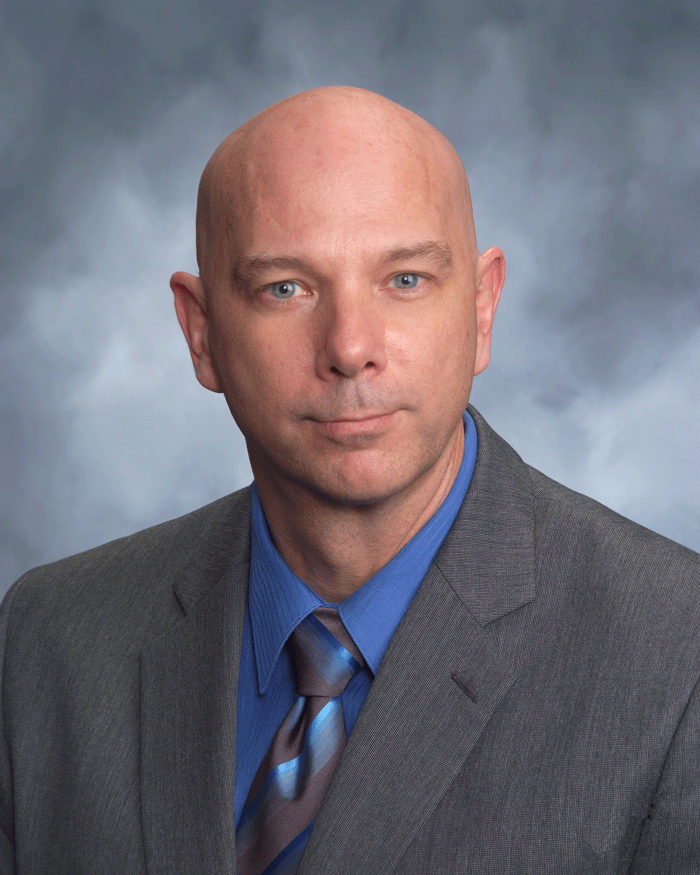
Third-graders wiggle. They fidget. They giggle and laugh for no apparent reason. Honestly, they are a little goofy. This time of year, however, they hit the bubbly for the first time, as they take their first standardized tests, and they seem to lose a bit of their own bubbliness. As kids, we penciled in bubbles, but kids now click bubbles on a screen. Never mind that 9-year-olds often lack the fine motor skills to use computers effectively, and never mind that 9-year-olds’ maximum attention spans are below 30 minutes. By federal and state decree, they must endure numerous tests that require 60 to 80 minutes of intense concentration, mouse-clicking, and keyboarding. Their answers not only decide if they enter fourth-grade but also their teacher’s employment, their school’s funding, and their community’s A-F Ratings. Those are pretty high-stakes resting on a nine-year-old’s mouse click, but a little bubbly never hurt anyone, right?
Because the stakes are so high, these tests shape every aspect of our schools. They drive our schedules and calendars, determining how and what teachers teach every day. We no longer just teach to the tests; we live and die by them. They shape our entire school culture. They impact our property values and economic development. We even mow around the tests! Bubbly, anyone?
Ok, the tests may monopolize our time and focus, but they least measure the right third-grade skills, right? We have all been third-graders, so we remember critical skills like multiplication that prepared us for things like long division, algebra, geometry, and higher math courses. Logically, therefore, most parents know what skills third-graders need for success, like multiplication, yet less than half of the test focuses on Number and Operations (44-48%). Over 50% of the test measures students’ understanding of Algebraic Reasoning and Algebra (12-18%), Geometry and Measurement (26-20%), and Data and Probability(12-18%). I wonder if a 9-year-olds’ time is well spent focusing on Algebra before they have mastered multiplication. I wonder if our teachers feel pressured to cover test specifications even when they know their students have not yet mastered essential skills. I wonder if the educational corporations or bureaucrats who produce our standardized-tests know better than our parents.
But let’s just drink the bubbly Kool-Aide and assume that these tests accurately measure what a third-grader needs to master. Let’s also assume that teaching to these tests with such high-stakes is entirely appropriate. Maybe, just maybe this makes sense if it has all at least been consistent. Unfortunately, over the lifetime of our current third-graders alone, our state curriculum has been a hot mess, changing at least four times since 2014, when we abruptly scrapped Common Core for the old PASS Curriculum (that we originally replaced with Common Core). We soon replaced PASS again with the hastily produced Oklahoma Academic Standards (that bear an uncanny resemblance to Common Core). It takes several years of consistent curriculum and reliable testing to determine validity on a statewide scale, but Oklahoma has changed course so much over the last decade that no one can keep track. And since we did not test last year due to the pandemic closure, this year’s scores are literally another start-over. Need some bubbly yet?
For most of my career I willingly drank the bubbly, but “teaching to the test” has not worked. Perhaps it is because of the inconsistency or perhaps because the tests do not measure the right thing, but we cannot rely on an unreliable system. After over 20 years following the advice of central planners and corporations, maybe we should provide parents and teachers more input on our school culture. Yes, we must take these tests, but they do not have to drive everything. We fill out our taxes this time of year and go on with our lives. Likewise, let’s take the tests but focus more on mastering what is age-appropriate and critical to their academic success, good character, and overall health. And maybe, our third graders can truly be bubbly again.
Tom Deighan is a public educator and currently serves as Superintendent of Duncan Public Schools. He may be reached at deighantom@gmail.com